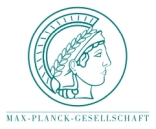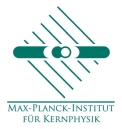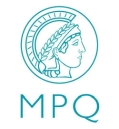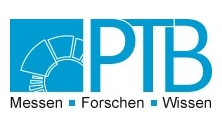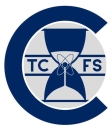Max Planck-RIKEN-PTB Center for
Time, Constants and Fundamental SymmetriesTransportable Antiproton Containers
Involved senior scientists and institutions in alphabetical order:
K. Blaum,
C. Ospelkaus ![]() ,
C. Smorra
,
C. Smorra ![]() ,
S. Ulmer –
MPIK,
PTB,
RIKEN
,
S. Ulmer –
MPIK,
PTB,
RIKEN
High-precision investigations of antimatter systems provide the unique possibility to probe potential not yet uncovered interactions acting exclusively on antiparticles. In state-of-the-art experiments on the fundamental properties of protons and antiprotons, a fractional precision on the level of 69 parts in a trillion has been reached, mainly limited by the noisy environment of CERN's antimatter factory. By introducing active magnetic shielding systems, another factor of 10 of improvement in measurement precision of the antiproton's fundamental properties will become possible at the current location of CERN's BASE experiment, then, however, reaching principal limits induced by the facility. This is the inspiration and motivation to construct a transportable trap for antiprotons, which will be loaded in the AD facility and then transported to a dedicatedly calm experiment laboratory, first at CERN and later at e.g. MPIK or PTB. Our recently developed reservoir trap methods will enable the efficient and robust transfer of antiprotons to an ultra-low-noise spectroscopy experiment and will allow us to overcome facility limitations. The successful demonstration of this method will furthermore enable distribution of antiprotons to a multitude of spectroscopy experiments, probing the antiproton with different methods. Such transportable containers will moreover allow the use of antiprotons as targets for scattering experiments at facilities providing exotic particle beams, such as e.g. ISOLDE at CERN or RIKEN. Once the advanced precision goals are reached with the mobile container traps, high-precision measurements at different altitude will become feasible, which will enable antiproton-based gravitational red-shift experiments to probe "antigravity".
